London Mayor Says No to $1B MSG Sphere Venue
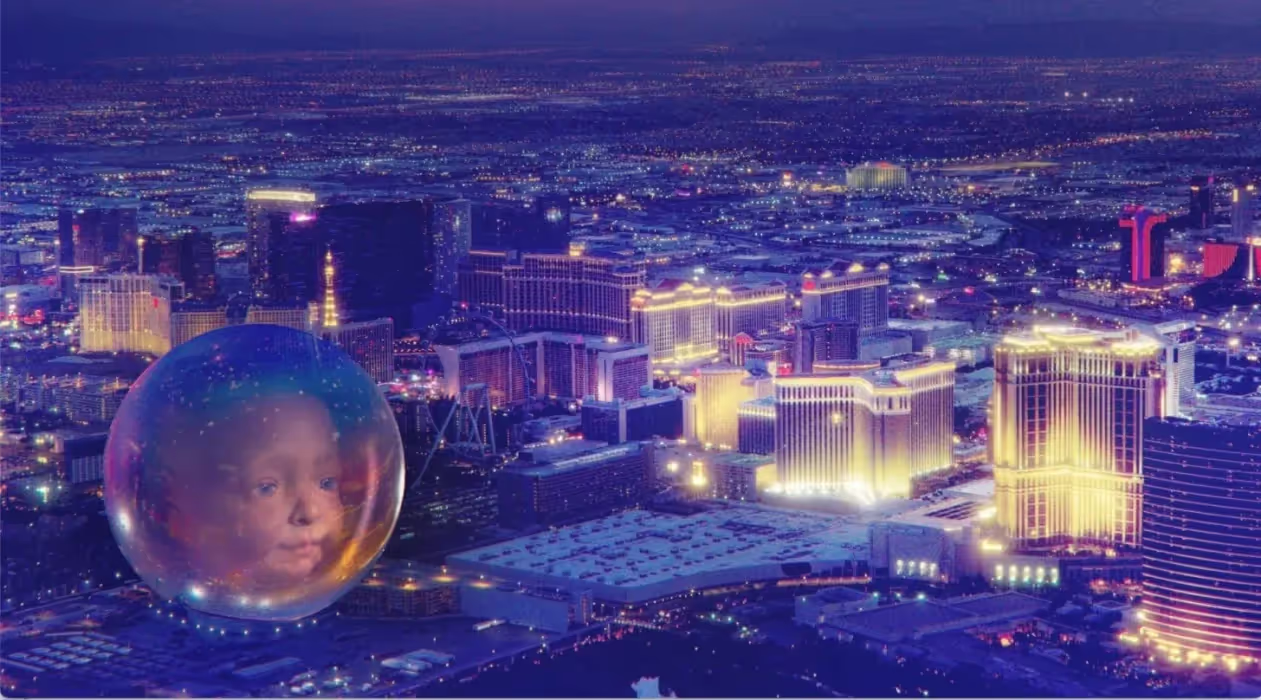
In a bold move that has sent shockwaves through the entertainment industry, the Mayor of London has rejected the proposal for the $1 billion MSG Sphere venue in the heart of the city. This decision has not only sparked intense debate and speculation, but it has also shed light on the complex dynamics between development projects and local governance.
Understanding the MSG Sphere Project
The MSG Sphere project, spearheaded by the Madison Square Garden Company, aimed to create a groundbreaking entertainment venue in London. The ambitious vision was to construct a cutting-edge spherical arena that could seat up to 20,000 people and provide an immersive, multi-sensory experience like no other.The MSG Sphere was envisioned as a marvel of modern architecture. It aimed to push the boundaries of entertainment venues. Its unique spherical shape aimed to create unity and inclusivity, with no bad seats in the house. The goal was to provide an unparalleled viewing experience for every attendee, regardless of their location within the venue.Inside the MSG Sphere, state-of-the-art technology would be seamlessly integrated into every aspect of the design. The venue would feature an enormous high-resolution LED screen that would wrap around the interior, creating a fully immersive visual experience. In addition, an advanced sound system would deliver crystal-clear audio to every corner of the arena, ensuring that every note and word could be heard with perfect clarity.https://www.youtube.com/watch?v=v3uRvJcM3z8
The Vision Behind the Sphere
The vision behind the MSG Sphere project was to revolutionise the way people experience live entertainment. The goal was to transport the audience into a world of their choosing, where they could escape the confines of reality and immerse themselves in a truly unforgettable experience. Whether it was attending a concert, watching a sporting event, or participating in a virtual reality adventure, the MSG Sphere aimed to transport attendees to new realms of entertainment.By utilising cutting-edge technology, the MSG Sphere would be able to create lifelike simulations and interactive experiences that would blur the line between fantasy and reality. Attendees would have the opportunity to engage with their favourite artists, athletes, and performers in ways never before possible. The venue would become a hub of innovation and creativity, pushing the boundaries of what is possible in the world of entertainment.
Key Players Involved in the Project
The MSG Sphere project attracted significant attention due to the involvement of high-profile individuals and organisations. The legendary entertainment magnate James Dolan, Chairman of the Madison Square Garden Company, played a pivotal role in bringing the project to life. With his extensive experience in the industry, Dolan was determined to create a venue that would redefine the entertainment landscape and leave a lasting legacy.Dolan and the Madison Square Garden Company enlisted Populous, a renowned architectural firm. With a portfolio featuring Wembley Stadium and Yankee Stadium, Populous aimed to design the revolutionary MSG Sphere. Their goal was seamless integration into London's urban fabric, ensuring the venue is both a spectacle and a harmonious addition to the cityscape.
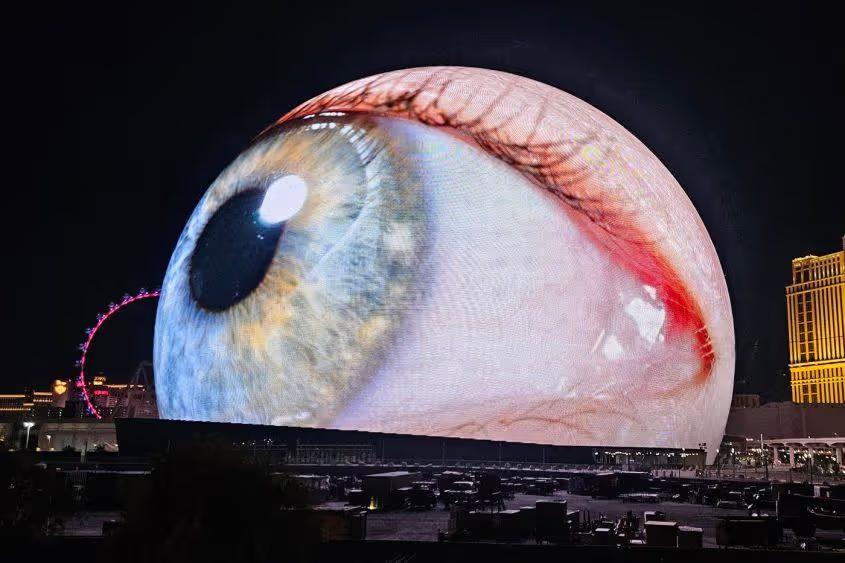
The Proposed Cost and Economic Impact
The $1 billion price tag raised eyebrows, fuelling speculation about the MSG Sphere venue's economic impact and potential benefits for London. Proponents argued the project would generate thousands of jobs, boosting the local economy and attracting global tourists. The construction phase alone was expected to provide employment opportunities for architects, engineers, construction workers and many others.Once completed, the MSG Sphere would not only be a venue for entertainment but also a catalyst for economic growth. The influx of visitors to the area would create a demand for various services, such as hotels, restaurants and transportation. Local businesses would have the opportunity to thrive and expand, benefiting from the increased foot traffic and spending power of attendees.However, the cost of the project also raised concerns about the allocation of public funds. Critics questioned whether such a substantial investment in an entertainment venue was the best use of taxpayer money. There were also concerns about the potential for gentrification, as the construction of the MSG Sphere could lead to increased property values in the surrounding area, potentially displacing long-time residents and businesses.Despite the debates and uncertainties, the MSG Sphere project continued to generate excitement and anticipation. The ambitious vision, the involvement of key players, and the potential economic impact all contributed to the project's significance and the anticipation of its completion.
Mayor's Opposition to the Project
[caption id="attachment_12815" align="aligncenter" width="1200"]
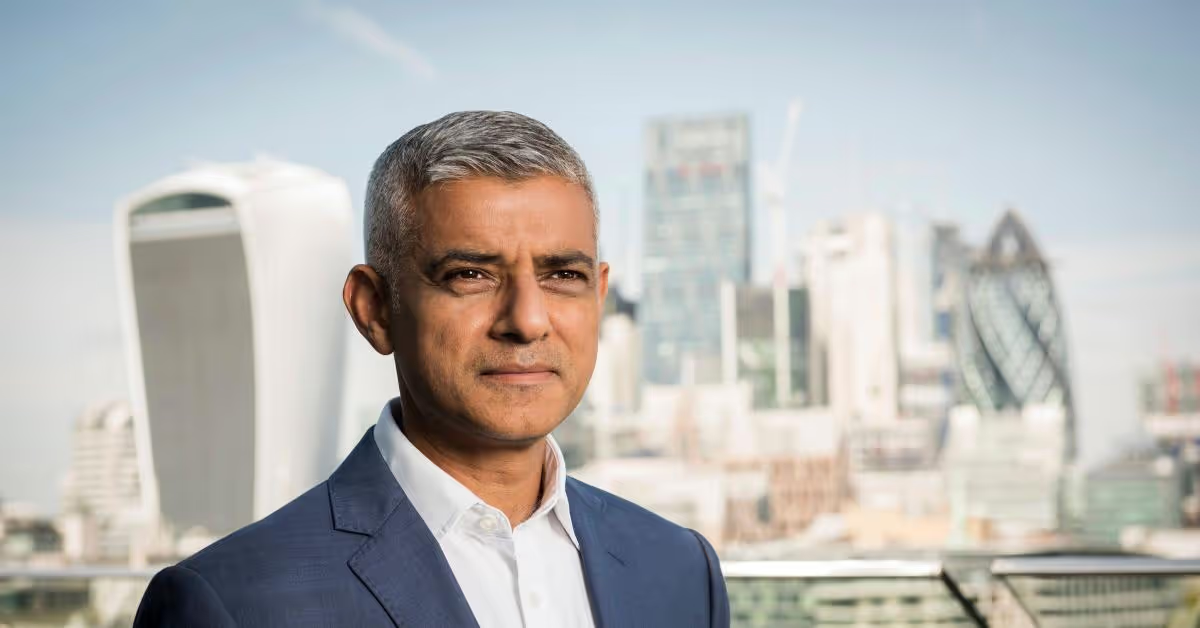
Sadiq Khan[/caption]
Initial Reactions to the Sphere
When news of the MSG Sphere project first broke, it elicited diverse reactions from the public. Some hailed it as a game-changer in the entertainment industry, while others expressed skepticism about the necessity and appropriateness of such a massive development. The project became a lightning rod for conversations about urban growth, city planning and the role of private enterprises.The excitement surrounding the MSG Sphere project was palpable. People envisioned a futuristic entertainment venue that would revolutionise the way concerts and events were experienced. The prospect of cutting-edge technology, including a massive LED screen wrapping around the interior, promised to create an immersive and awe-inspiring atmosphere.However, amidst the enthusiasm, there were also concerns raised about the potential impact of the Sphere on the city. Some worried that its imposing size and modern design might clash with London's historic architecture, threatening the city's unique charm. Others questioned whether such a massive development was truly necessary, considering the existing venues and cultural spaces available.
Concerns Raised by the Mayor
The Mayor of London, in his official capacity, raised several compelling concerns regarding the MSG Sphere venue. Firstly, he questioned the cultural fit of such a massive structure within the cityscape, emphasising the need to preserve London's historic charm. He highlighted the importance of maintaining a delicate balance between progress and heritage, ensuring that new developments respect the city's rich history.Secondly, the Mayor expressed worries about potential disruptions to local communities. He acknowledged that the MSG Sphere could attract large crowds, leading to an increase in traffic congestion and noise pollution. The well-being and quality of life for residents living near the proposed site were of utmost importance to the Mayor, and he sought to address these concerns before making a final decision.Furthermore, the Mayor recognised the significance of public spaces and cultural institutions in fostering a sense of community. He stressed the need to prioritise the accessibility and affordability of cultural experiences for all Londoners, ensuring that the development of new venues does not overshadow existing ones or create barriers for those with limited resources.https://www.youtube.com/watch?v=onEbUU7o65k&t=6s
The Final Decision and Its Implications
After careful consideration and weighing the pros and cons, the Mayor made the bold decision to reject the MSG Sphere project. Anti-development activists jubilated, while those envisioning potential in the venue expressed disappointment at this determination. Nevertheless, this verdict signifies the Mayor's commitment to preserving London's heritage and ensuring the well-being of its residents.The Mayor's decision sparked a broader conversation about the balance between economic progress and cultural preservation. It prompted discussions about the role of private enterprises in shaping the city's landscape and the responsibility of local authorities to prioritise the needs and desires of their constituents.Some saw the MSG Sphere rejection as a missed economic opportunity. Others praised the Mayor's commitment to preserving London's unique character. This decision underscores that London's identity is not just its skyline or economic achievements but also its history, culture and diverse population's well-being.
Public Response to the Mayor's Decision
Supporters of the Mayor's Stance
Unsurprisingly, the Mayor's decision found support within certain circles. Many residents and community organisations applauded his commitment to preserving the city's unique character and safeguarding the interests of Londoners. They saw the rejection of the MSG Sphere as a victory for responsible urban planning and maintaining a balance between development and quality of life.Supporters of the Mayor's decision emphasised the importance of preserving London's historic charm and architectural heritage. They argued that allowing large-scale commercial projects like the MSG Sphere could potentially overshadow the city's iconic landmarks and diminish its cultural identity. By prioritising the preservation of London's character, they believed the Mayor was taking a stand for the city's long-term sustainability and liability .Furthermore, supporters highlighted the potential negative impacts of the MSG Sphere on the surrounding neighbourhoods. Concerns were raised about increased traffic congestion, noise pollution, and the strain on local infrastructure. They believed that the rejection of the project was a testament to the Mayor's commitment to protecting the well-being of Londoners and ensuring that development aligns with the needs and values of the community.
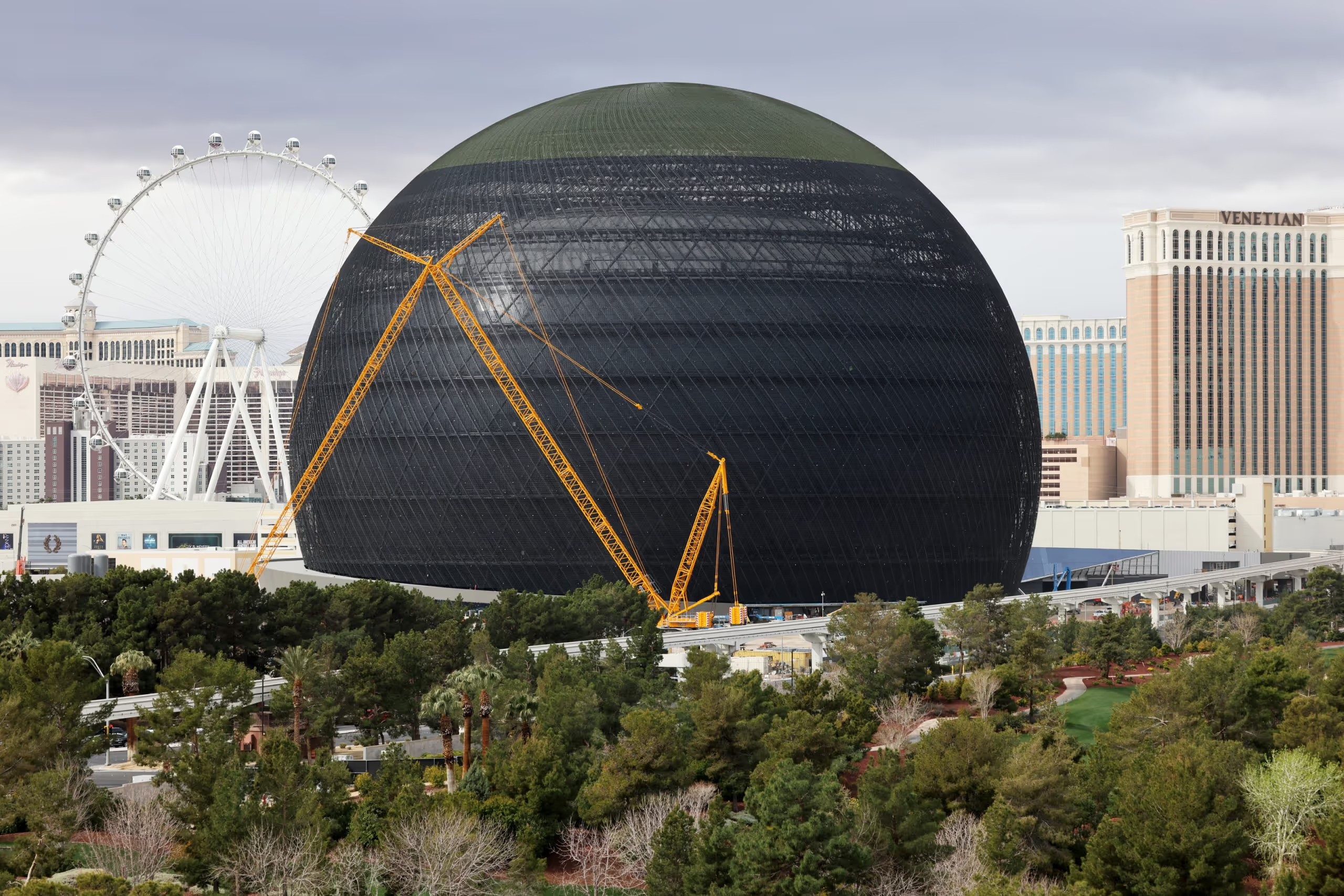
Critics of the Decision
However, the Mayor's decision was not without its critics. Proponents argued the MSG Sphere would bring economic benefits, creating jobs, attracting tourists, and boosting London's global entertainment reputation. They expressed disappointment at the lost opportunity and voiced concerns about potential negative impacts on the city's cultural and artistic scene.Opponents of the Mayor's decision believed that the MSG Sphere could have been a transformative addition to London's entertainment landscape. They highlighted London's history of embracing innovative projects, like the London Eye and Tate Modern. Rejecting the MSG Sphere, they argued, missed a chance to continue this tradition, positioning London as a pioneer in cutting-edge entertainment venues.Moreover, critics questioned whether the rejection of the project truly aligned with the desires of all Londoners. They argued that the Mayor's decision might not accurately reflect the diverse range of opinions within the city. Some Londoners might have welcomed the MSG Sphere as an exciting new addition to the cultural fabric of the city, providing unique experiences and attracting world-class performers.
Impact on London's Entertainment Scene
The MSG Sphere rejection leaves a void in London's entertainment landscape. It sparks conversations about alternative approaches to meet evolving needs. Experts explore innovative solutions blending cultural preservation and modern entertainment experiences.Some propose revitalising historic theatres and concert halls, preserving architectural significance. Others suggest smaller, intimate performance spaces to cater to niche audiences and foster community engagement.Additionally, the rejection of the MSG Sphere has prompted discussions about the importance of supporting local artists and cultural institutions. Initiatives actively strengthen funding and resources for independent theatres, art galleries, and music venues, ensuring London's vibrant artistic scene thrives.The public response to the MSG Sphere decision reflects ongoing dialogue. Balancing development and cultural preservation in London sparks passionate opinions. Londoners actively shape their city's future, ensuring global leadership in entertainment and cultural heritage.[caption id="attachment_12817" align="aligncenter" width="2560"]
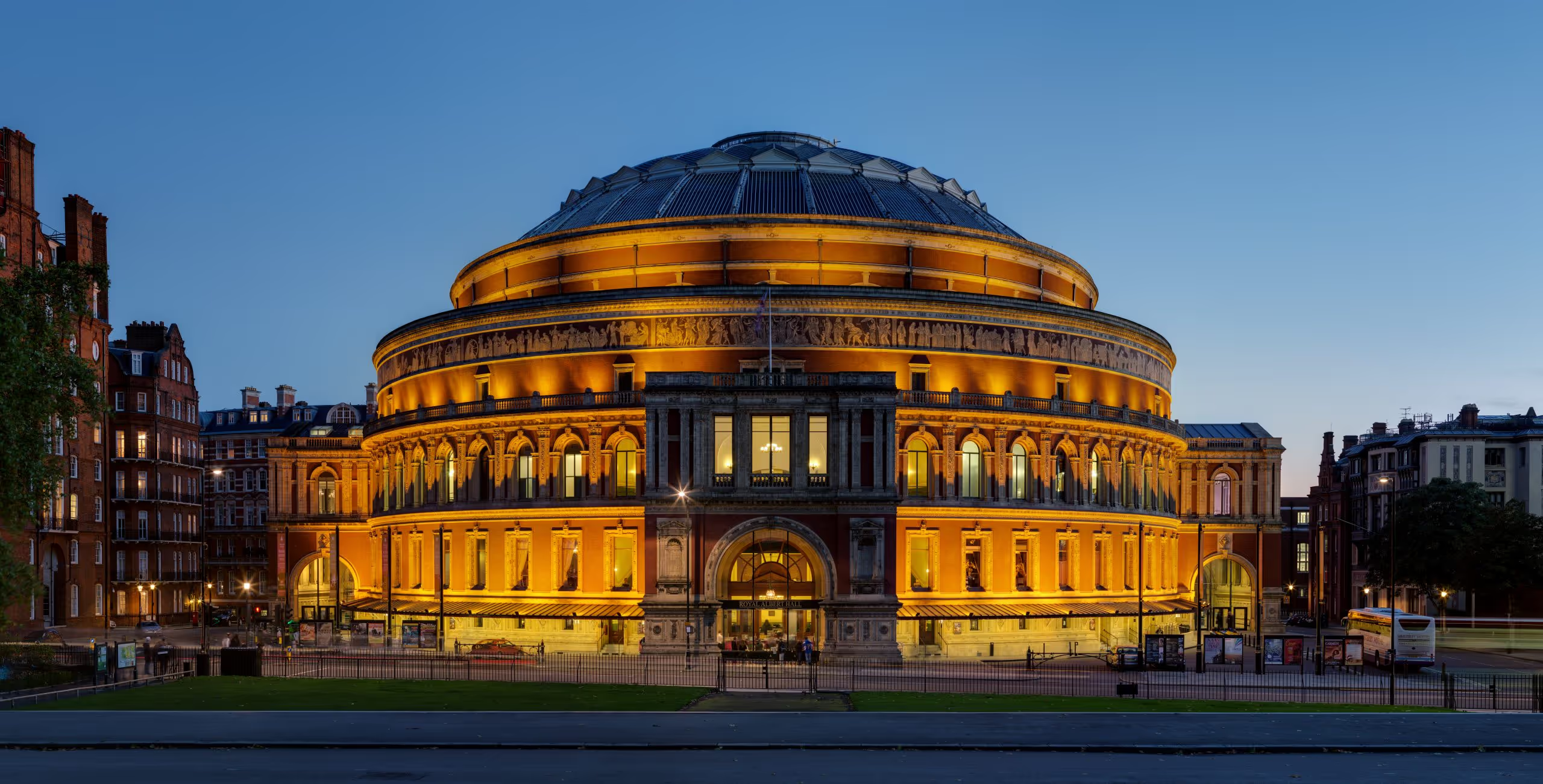
Royal Albert Hall[/caption]
Future of the MSG Sphere Project
Possible Alternatives for the Sphere
The MSG Sphere project's closure shifts focus to alternative options, exploring locations outside the city core or scaled-down versions.Following the unexpected rejection, the Madison Square Garden Company is regrouping and considering its options. They haven't confirmed whether they will pursue legal action. Dialogue with city officials may find common ground. Exploring new ventures aligned with the Mayor's parameters is also an option.
Long-Term Effects on London's Infrastructure
The Mayor's decision on the MSG Sphere project sparks immediate impact. It has long-term implications, influencing future decisions on city infrastructure and adaptation.The London Mayor's rejection of the MSG Sphere sparks debates on development projects and local governance. This decision highlights the importance of finding a balance between economic growth, cultural preservation, and the well-being of residents. As London moves forward, it faces the challenge of accommodating evolving entertainment needs while staying true to its rich heritage.

.avif)



